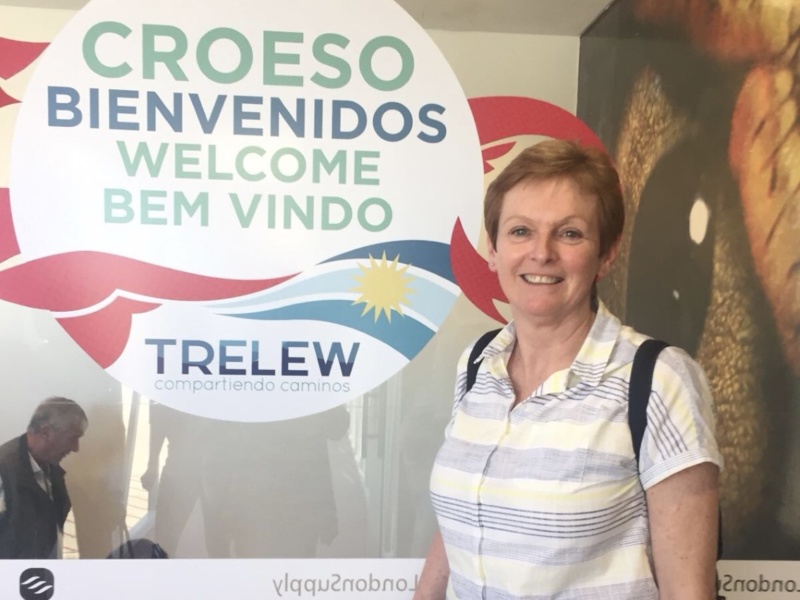Janet who recently retired after a career in banking, is a ‘new skills’ enthusiast. In recent times she has taken up choral singing, vegetable growing, learning to play the piano, becoming a library volunteer and as we will discover, has learnt a new language. Her hobbies include walking, birdwatching, reading, travelling and she enjoys watching rugby.
Why did you choose to learn Welsh?
I have lived in Wales for the majority of my life. I was pretty good at languages at school and always intended to speak Welsh fluently one day. Five years ago, a close friend of mine encouraged me to attend a short Welsh course at a summer school, and after that I was hooked.
My father was a fluent Welsh speaker and I was greatly motivated by this. Although his father was bilingual, the language spoken at home defaulted to English as his mother spoke only English. However as Welsh was spoken by his extended family and in his community, he decided as a young boy to learn to speak Welsh. He would happily recall the story of walking through the village with a friend chatting in Welsh when an aunt, who was walking ahead, turned around and said ‘Duw duw mae Dai bach yn siarad Cymraeg’. Roughly translated means ‘Well goodness, young David is speaking Welsh’
As my Welsh started to improve he would be delighted to chat with me. I also noticed that it would prompt him to regale stories from a bygone era, which I probably would not have otherwise heard.
How have you gone about learning Welsh?
For the last four years I have attended a weekly course with other adults wishing to improve their Welsh speaking skills. The course has been immensely enjoyable. We learn in a relaxed atmosphere, with an option to take an exam at the end of each academic year. Additionally, there are numerous other resources available e.g. additional Saturday and weekend courses, apps, residential courses, reading classes, 1:1 mentoring sessions, listening to the radio, watching television etc. Of course, the face to face experience has recently been replaced with Zoom sessions, but it works well.
What tips for success would you share to those embarking on learning a second language?
The real success comes from using the language in normal daily circumstances. For me, there are many opportunities to do this. For the year ending 30 September 2020, the Annual Population Survey reported that 28.8% of people aged three and over were able to speak Welsh. This figure equates to 872,200 people. So, you’re never far away from a Welsh speaker!
This is only the number within Wales, there are many Welsh speakers around the world.
Do you think that these statistics would surprise many?
Yes, I believe they would. When I was young, I was spoken to in English at home, and attended English medium schools. At that time in the 60s, Welsh had long been thought by some to be an unnecessary backward language, a legacy from the times where it had been discouraged at school to the point of humiliation and punishment in the 19th & early 20th centuries.
Things slowly began to change in the 70s, however, and Welsh medium schools were no longer an unusual feature. Little was then known about the cognitive benefits of speaking more than one language.
Indeed, it was believed that speaking, what was considered to be a dying language, would actually have held you back. How times have changed!
How have you benefited from learning a language?
Learning a second language has boosted my confidence.
Radio Cymru is a BBC Welsh language radio and last year I was invited to chat with one of the presenters live on air about my learning experience. It was thrilling to be chatting away quite naturally with the Host. I like to challenge myself, so I have registered for the last exam in the programme which will take place this summer.
I have made some very good friends along the way, and it has given me an opportunity to learn so much more than the language. Often, during lessons we will discuss the origin of a word and this will lead on to a historical point of interest. Or maybe a comparison of Welsh, and the links to other Celtic languages. Typically, the more I learn, the more I realise how much I don’t know about the rich Welsh culture.
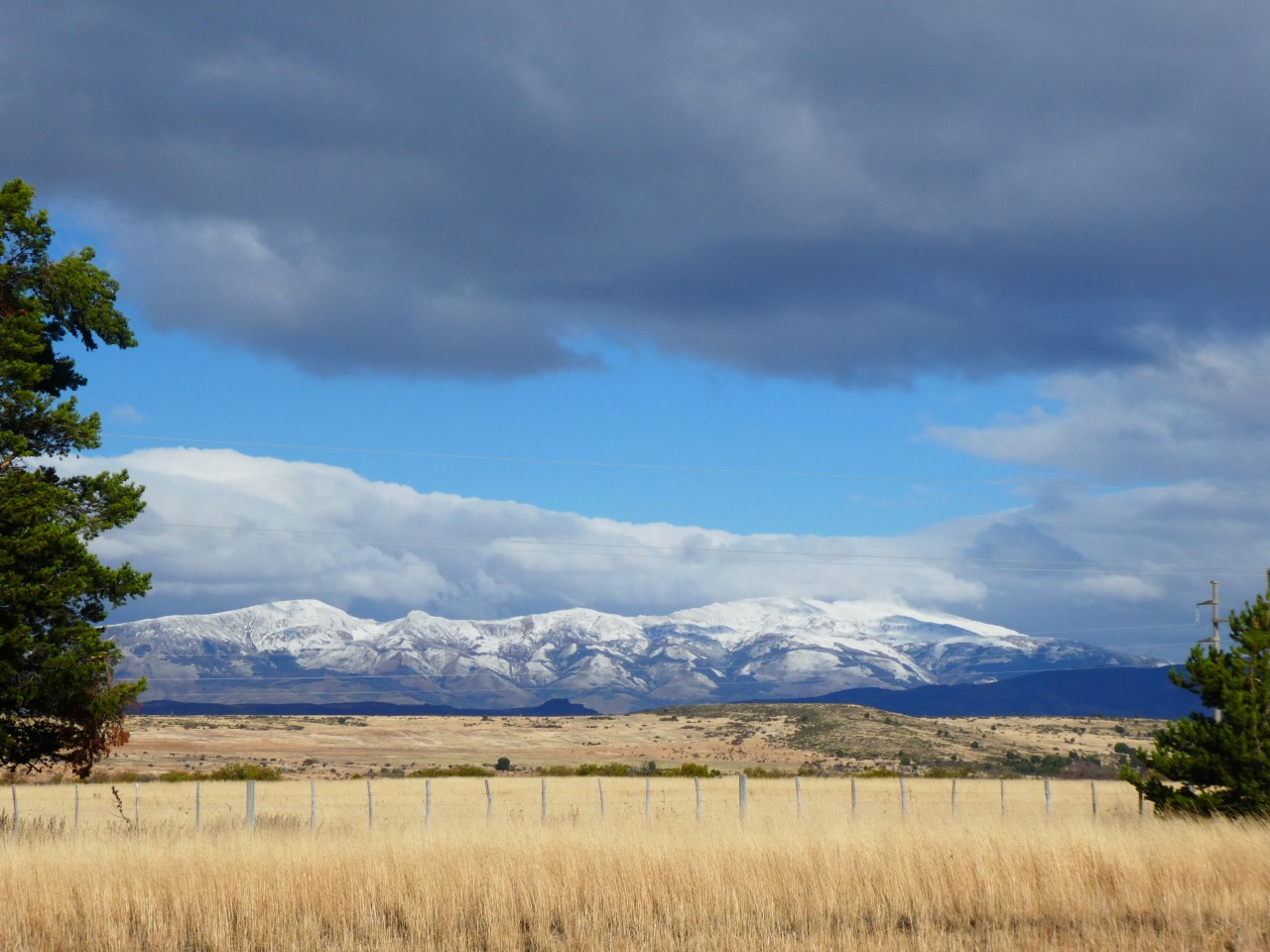
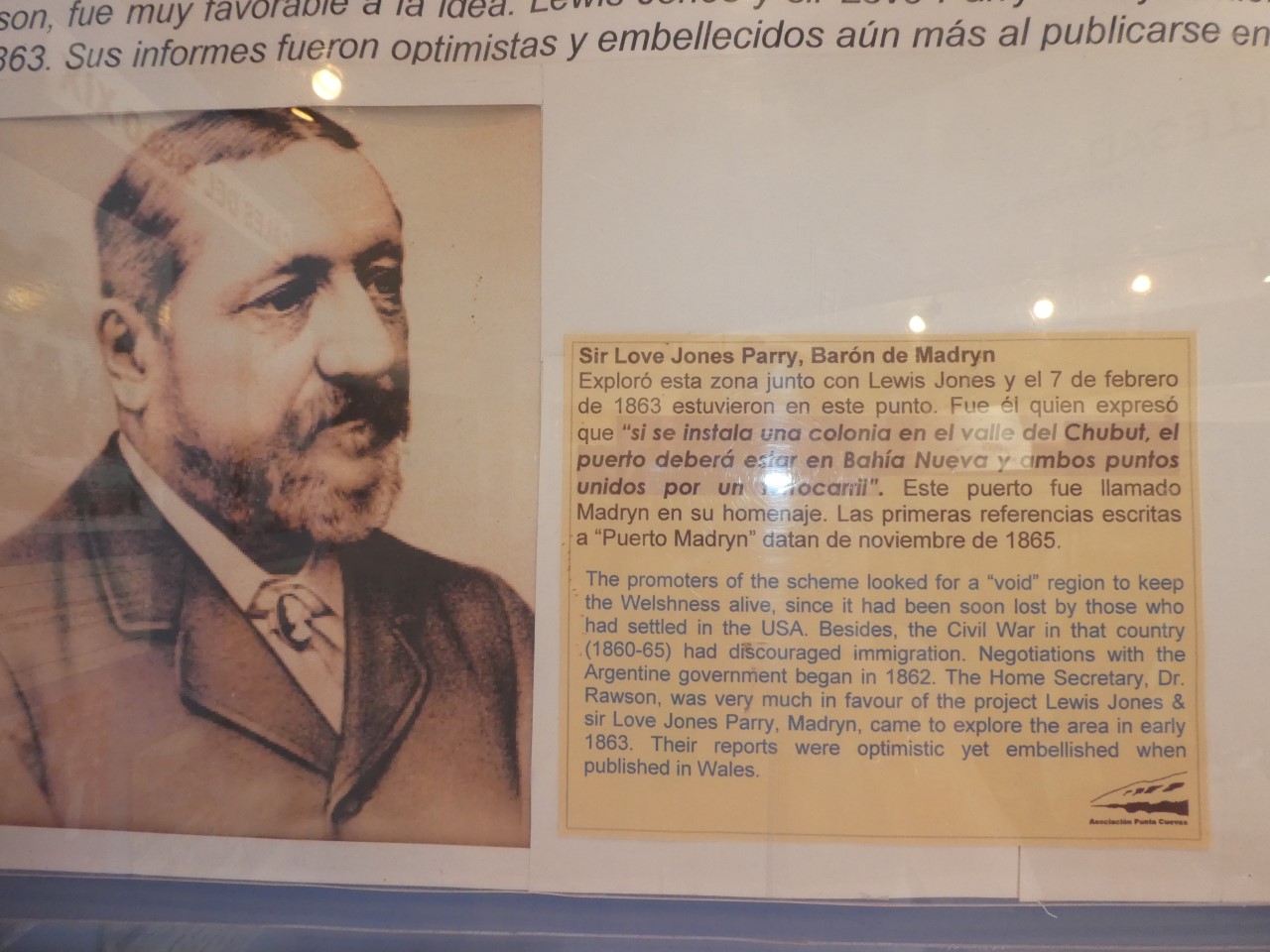
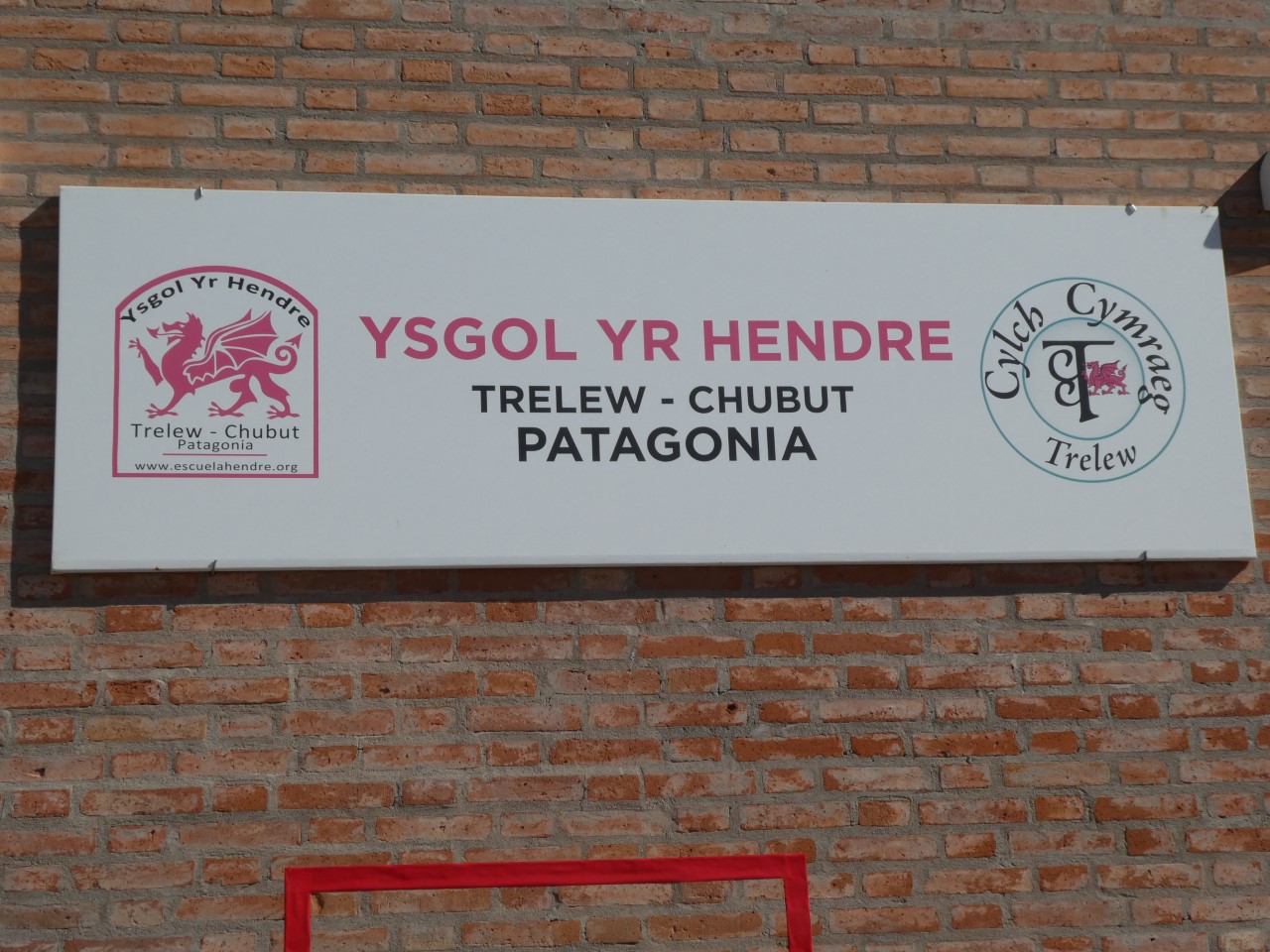
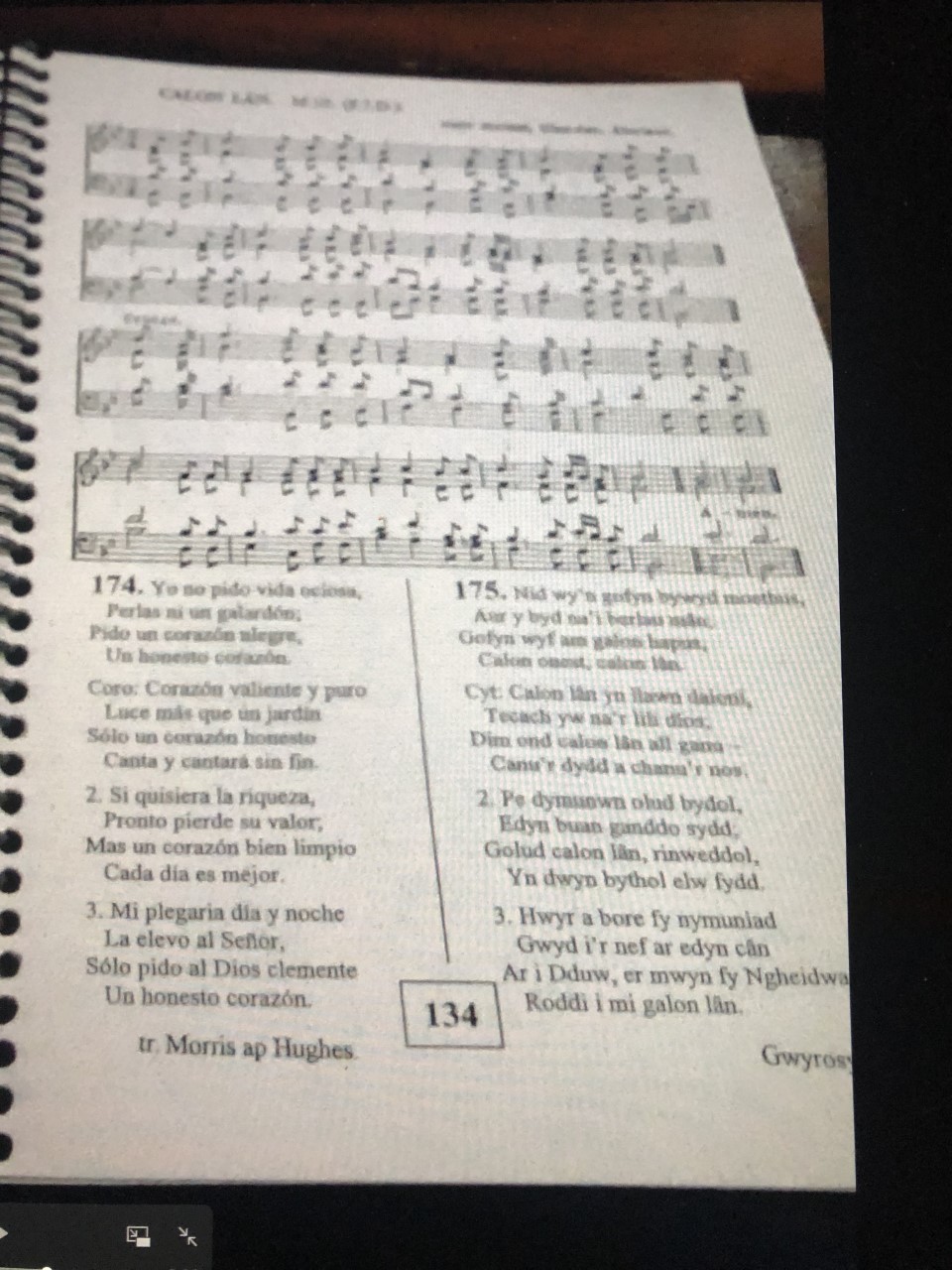
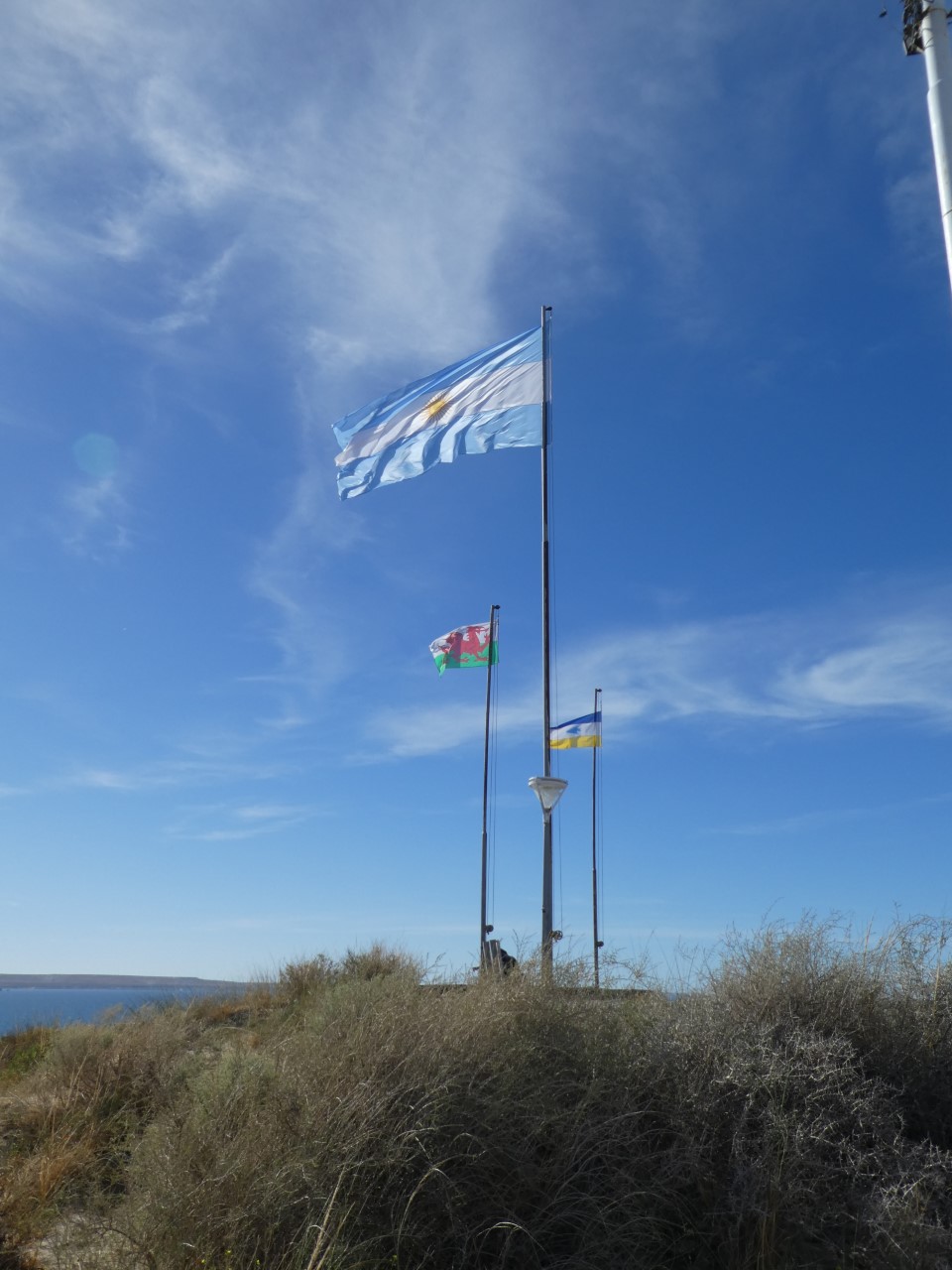
What has been one of the highlights for you on your learning journey?
One of my exciting achievements, was to realise a lifelong ambition of visiting Patagonia, in Argentina. Specifically, the Chubut Valley, where Welsh people first arrived in 1865. They had migrated to protect their native Welsh culture and language, which they considered to be threatened. Their mission was not to integrate but to start a new Welsh colony beyond Wales. The first group of settlers, over 150 people gathered from all over Wales, but mainly north and mid-Wales, who sailed from Liverpool in late May 1865 aboard the tea-clipper Mimosa.
Unfortunately, the settlers found that Patagonia was not the friendly and inviting land they had been expecting. They had been told that it was much like the green and fertile lowlands of Wales. In reality it was a barren and inhospitable windswept pampas, with no water, very little food and no forests to provide building materials for shelter. Some of the settlers’ first homes were dug out from the soft rock of the cliffs in the bay.
The colony suffered badly in the early years with floods, poor harvests and disagreements over the ownership of land. In addition the lack of a direct route to the ocean made it difficult to bring in new supplies.
My experience of hearing day to day Welsh being spoken in homes and socially was fantastic. To think of all of the challenges they had overcome to thrive to the point where there are bilingual Welsh / Spanish schools today, in a region where people have never visited Wales some 8,000 miles away. Welsh culture and language remain strong.
What next for Janet?
I am positive about learning new things and believe that it is never too late to learn – although it may take a little longer !!
